On 28 October, four experts will consider the issue of imagination in scientific reasoning in this one-day workshop.
Many philosophers of science dismiss imagination as ill-suited for scientific reasoning. The notion of imagination that they assume often coincides with that of irrational or unconstrained thought that enables us to escape reality. This idea disregards the fact that imagination seems also to provide knowledge of reality.
For example, imagination seems to play a role in philosophical and scientific thought experiments, scientific modelling, counterfactual reasoning, problem solving, practical deliberations about contingent facts, and more. But how can the same mental ability enable us to escape reality and also learn about it?
Four experts on imagination will address this question from the perspective of philosophy of science, epistemology, cognitive science, and aesthetics.
| Programme | |||
| 10:00–11:15 | Ruth Byrne (University of Dublin): “Counterfactual Thought” |
LAK.206 | |
| 11:15–11:45 | Coffee Break | LAK.G.01C | |
| 11:45–13:00 | Catharine Abell (University of Manchester): “Epistemic Problems with Eliciting Imaginings” |
LAK.206 | |
| 13:00–14:15 | Lunch | ||
| 14:15–15:30 | Fiora Salis (LSE): “Capturing the Scientific Imagination” |
LAK.206 | |
| 15:30–16:00 | Coffee Break | LAK.G.01C | |
| 16:00–17:15 | Timothy Williamson (University of Oxford): “Counterfactuals and Thought experiments” |
LAK.206 | |
This event is co-sponsored by The British Society for the Philosophy of Science and the European Union’s Horizon 2020 Research and Innovation Programme under the Marie Skłodowska-Curie grant agreement No 654034.
Videos from the event


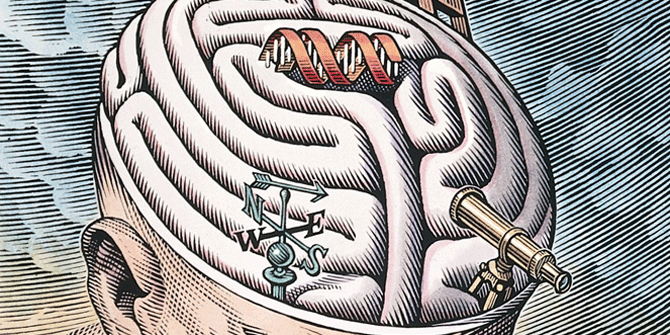
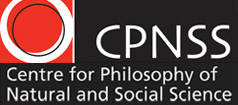



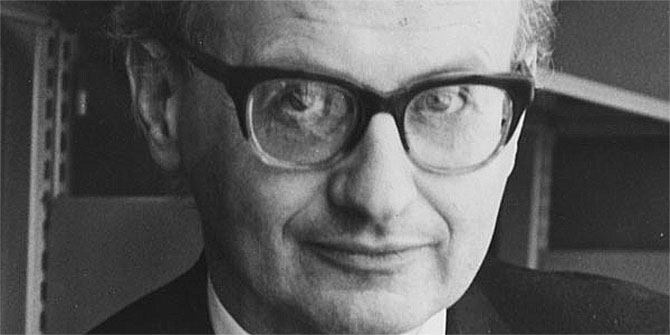
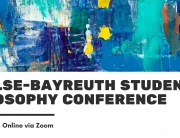
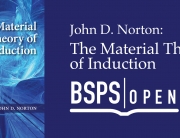
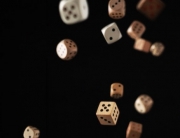
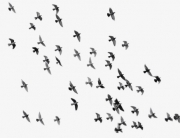
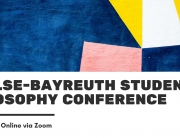
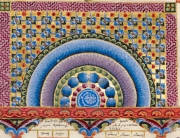
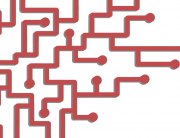
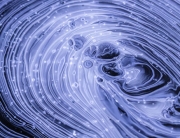

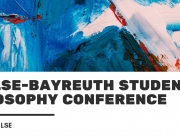






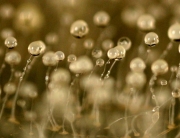
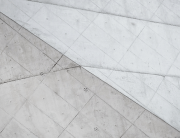


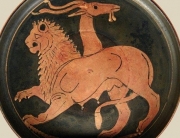
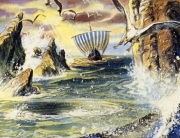
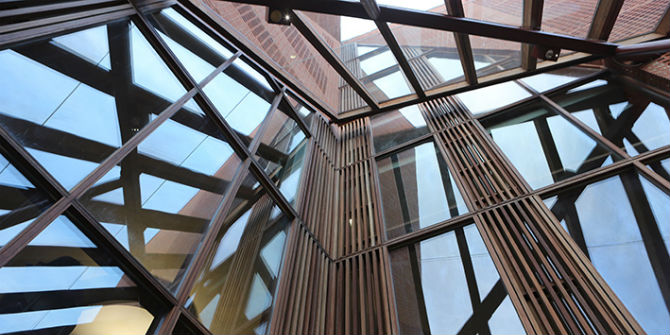
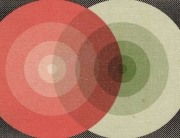
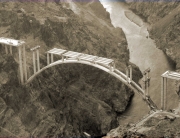


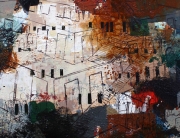
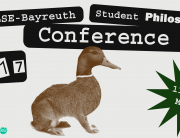

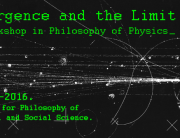


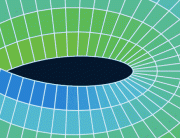
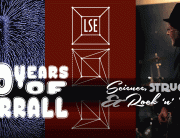

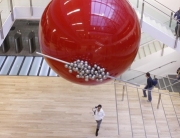
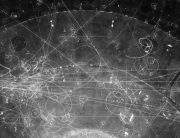

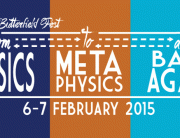
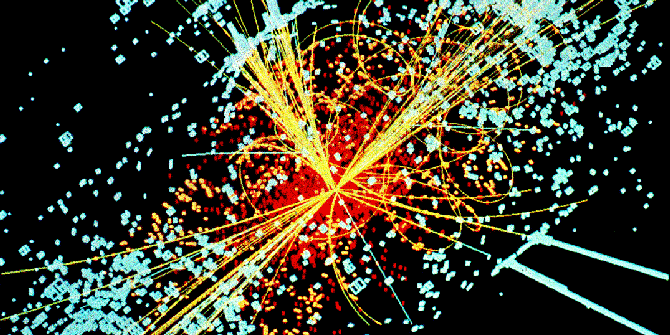
Connect with us
Facebook
Twitter
Youtube
Flickr